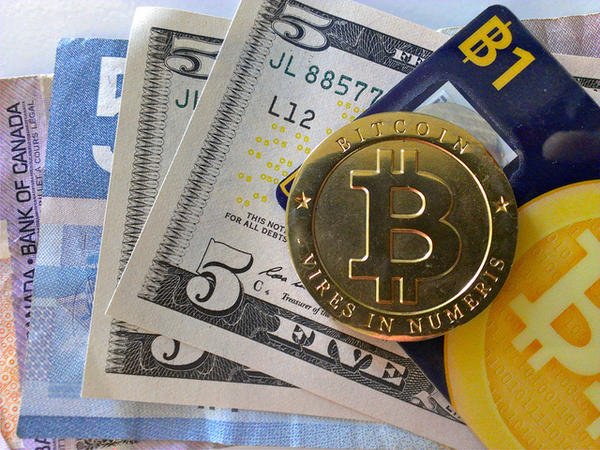
The main purposes of any currency are:
First of all to facilitate trade of goods and services produced by the real economy,
and secondly to be a storage of wealth so that buying power can be saved for later use.
Most national -or in the case of the Euro multi-national- “fiat currencies” will fulfill these two purposes.
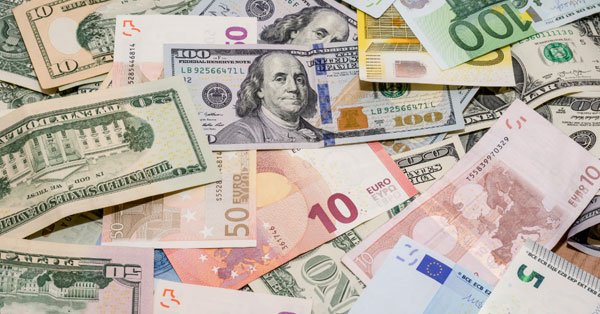
The main problem, however, I see in those fiat currencies is, that most nations have transferred their money-creation privileges via their fractual reserve systems to private banking conglomerates.
These banking organizations have gamed the system in order to transfer the real wealth of nations into the pockets of a tiny international financial elite.
Banks create money out of thin air by writing numbers into the account of a person or a company who needs to take a loan. In this way brand-new money comes into existence and subsequently into the national or international money cycle. When the debtor eventually repays his loan, according to his credit contract in small amounts at a time, the loan-created money is once again erased from the system.
However, because of interest demands, the debtor always has to repay more than he originally borrowed.
This extra money though was never created and so the system is always short on money.
Over time the money floats through the system and could theoretically be re-earned by the debtor several times, but often the money becomes unavailable for the debtor to earn, because it has been removed from the real economy and used as fuel for speculation in some obscure place at Wall-Street.
The consequence becomes then a shortage of money in the real economy and thousands of debtors will have to file for bankruptcy. Whatever they have pledged as collateral for their loan will go into the possession of the Wall-Street banks and their main-shareholders.
Another consequence of the shortage of money on main-street is the need for more and more loans to be taken until most of the population and all public institutions are drowning in debt. Over time the whole system will inevitably lead to massive inflation and a loss of value in the currency, while the richest one percent of the population increase their wealth exponentially without contributing any real value to the economy.
This dysfunctional system is kept in place by a tiny fraction of these one percent who because of their unimaginable wealth have also acquired enormous power over most governments and parliaments, a power they use more often than not for quite nefarious purposes.
If you want to change this skewed power situation you need first and foremost change the monetary system, find alternatives to the pseudo-national currencies which are in reality controlled by giant international financial institutions.
 Steem is a digital alternative currency, a so-called crypto-currency, since it is encryted with the block-chain principle.
Steem is a digital alternative currency, a so-called crypto-currency, since it is encryted with the block-chain principle.
Crypto-currencies though, are not the only alternatives to the fiat currencies most people use in their day-to-day transactions.
Other alternatives are for instance local currencies: 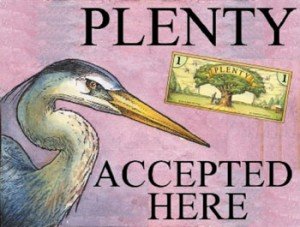
These currencies are issued in strictly limited amounts by either a local authority within a town, village or district or by a private organization of interested individuals. It normally is a paper currency often with pretty looking artistic bills. The currency can only be used within the small area of its issuance and is backed by all the production and services provided by the people who accept this alternative payment.
The advantage of this kind of currency is that a lot of business which often would have gone outside will now stay within the community strengthening the local economy.
The disadvantage lies in the same fact. The currency has a very limited range, you can't buy goods and services from outside your community or make mortgage- or other large payments.
Some people will also object to the fact that such a currency is dependent on the decision of the authority of either a public or a private organization.
This problem doesn't occur with the LETS system. 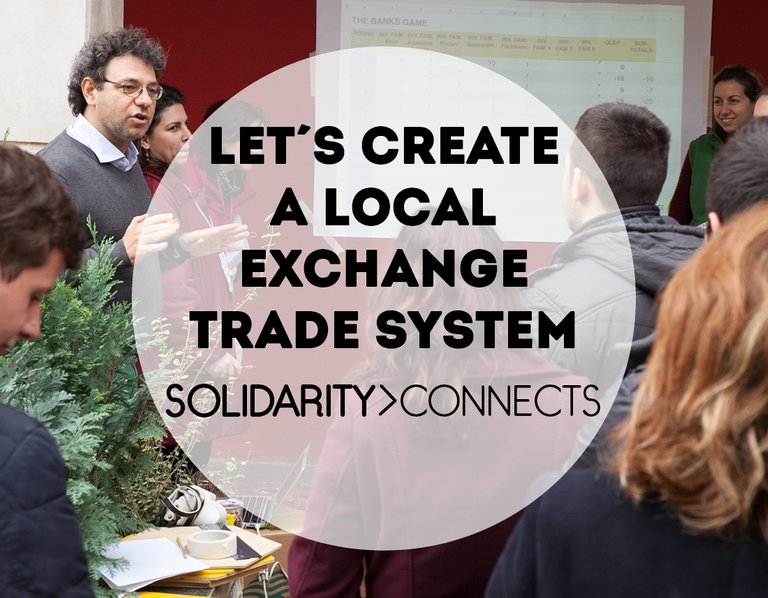
There a mutual credit system is created. Every member of the LETS community starts out at the zero line on his or her account. He or she can now either sell or buy goods and services offered and accepted within the community. The seller will get a positive number written into his or her account, while the buyer receives a corresponding negative number. In sum will the accounts of all community members together add up once again to zero.
There is no central authority issuing the currency, it is basically self-issued by the transactions of community members.
Since these transactions could theoretically be facilitated online a LETS currency could have a much wider range than a local currency, however the LETS system is fully based on trust.
The members trust that those who receive goods and services will eventually offer themselves goods or services by which they balance their account. If you know the people you do business with you can somehow evaluate their trustworthiness. Dealing with strangers contains always the risk that they might not be honest. They could take whatever they want without even the intention of giving back to the community.
A few dishonest people can destroy the best trust-based system.
This means that a LETS currency will normally also be limited to a small area and accepted only between people who know each other.
Then there is the barter currency system like the Swiss “Wir”:

This currency was created by an association of Swiss business owners who decided to use the currency to sell each other some of their goods or services. The system has worked for many decades now and was able to counter recessions in the national economy.
The problem here is only that it isn't a universal currency and can only be used by businesses, not by private individuals.
Of course there are also the traditional silver- or gold-coins as currencies.
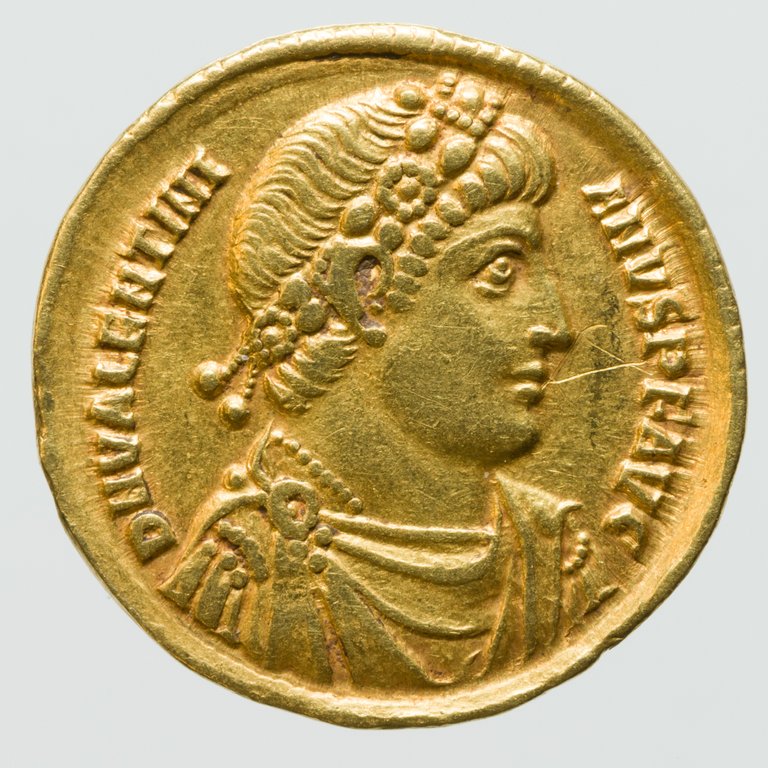
They were used for thousands of years. However, they became impractical when due to the industrialization fewer and fewer people worked as self-reliant farmers and therefor more and more money was needed to facilitate an increasing trade.
In our day and age the modern economy would come to a screeching halt, if it was solely dependent for its transactions on precious metal coins.
However gold and silver coins are a good choice if you want to store wealth and buying power for a longer time period.
This brings us again to the crypto-currencies: 
They are basically a substitute for silver and gold currencies.
Similar to gold and silver, crypto-currencies can theoretically be used to store buying power for later use.
Their advantage is it that they are globally available and transferable, they are limited in their issuance by the mining algorithms they use, they are, for the present time still outside the reach of government tax-offices and they are not centrally controlled.
The problems I see with them are twofold:
First, just like fiat currencies, so are crypto-currencies far too often used as instruments for speculation. And since in a speculative system the value of anything fluctuates enormously a currency that's so vulnerable is not a long-term secure storage for a person's savings.
The other problem is that at least for the moment they are not at all based on the real economy, the goods and services produced and demanded by people.
Bitcoin is nowadays mainly used for monetary transfers, very rarely for the direct purchase of any goods or services, other crypto-currencies like Steem even less so.
If we are truly interested in the long-term future of Steem  as a real currency, a currency that facilitates the exchange of real world value, then we should in my opinion take Steem out of the realm of speculation and into the spectrum of the real economy, the production of actual goods and services.
as a real currency, a currency that facilitates the exchange of real world value, then we should in my opinion take Steem out of the realm of speculation and into the spectrum of the real economy, the production of actual goods and services.
So fellow Steemians, I'm interested in what your take is on that and if you know about any projects attempting to bring Steem into the world of real life commerce.
Great post. Upvoted, Followed and Resteemed.
thank you for that